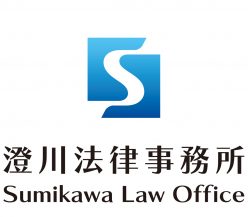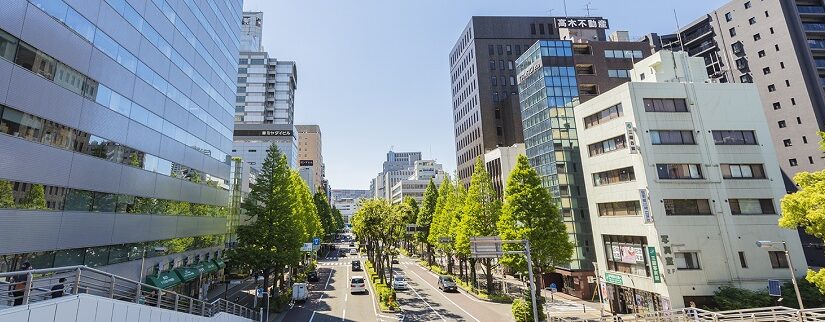Information about legally collecting unpaid money in Japan.

It is important to keep contracts, invoices, emails or any other documents (evidences) which can prove your right to demand payment. Lack of evidences causes difficulty for collecting unpaid money.
1 Negotiation
Usually, we first negotiate with the other party for payment, generally by sending a demand letter.
Send a Demand LETTER (CONTENT-CERTIFIED LETTER “Naiyo-Shomei”)
Content-certified letter is a service provided by the Japanese postal office which is designed to prove where you have sent the mail to and what is written in it. By claiming the payment through a content-certified letter, you can clearly express the details of your claim and also that you are strongly willing to collect your money. Sending a content-certified letter can also be a powerful approach to produce pressure on the other party. Additionally, you can also hire a lawyer to send a content-certified letter by the lawyer’s name.
The procedure to search the address of the debtor may be required in advance.
2 Court Procedures
If the other party still does not pay, you will have to take court procedures, in order to perform court enforcement.
Court procedures include;
(1) Conciliation of civil affairs
(2) Notice of overdue payment
A Simple and quick procedure designed to receive the court decision made by reviewing documents. The potential disadvantage of this procedure is that the case will be required to move forward with a lawsuit if the other party has an argument.
(3) Lawsuit for small claims
A Simple and quick procedure designed for the payment of 600,000 yen or less.
(4) lawsuit
3 Court Enforcement
After you get a court order, but if the other party refuses to pay, you will have to file for a court enforcement procedure.
Court enforcement is designed to forcibly collect the amount of your claim from the other party by seizing their properties. In order to take this procedure, you will need to specify their properties. You need to confirm what properties they own or where they have their bank accounts in advance.
Keep in mind that taking a court enforcement procedure cannot be an option if the other party has no properties or if you can’t specify their actual properties.
4 Cost etc.
As discussed above, there are several ways you can take to collect money in Japan. However, when the amount is small, it may not be practical to file for legal procedures.
The attorney generally handles these cases as follows.
1. Review the evidences and see if the client should move forward.
2. Send a content certified mail to the debtor in Japan. (Address search of the debtor may be required in advance.)
3. If the debtor doesn’t pay or doesn’t reply, then the attorney will negotiate, or file a lawsuit.
4. If the debtor doesn’t pay even after getting the court’s order, the attorney will collect the money from the company through the court enforcement procedure (See this page)
The attorney fee will be charged for each step.
The attorney fee for above written step 1 and step 2 is 88,000 yen (80,000 yen plus tax). Additional fee will be charged if the case requires more than 3 hours work.
If the client does not know the address of the debtor, it is required to perform investigation about the address. This generally costs 99,000 yen (90,000 yen plus tax), depending on the situation. If the client does not have enough information for the investigation, it is not possible to locate the address.
The attorney fee for negotiation or filing a lawsuit (step 3) will depend on the amount to claim. However, the legal fee is usually more than 660,000 yen (600,000 yen plus tax) if you are overseas and cannot come to our office. It may also cost 330,000 yen (300,000 yen plust tax) or more plus tax for doing the above written step 4 (even the procedure may end up in vain).
5 Important Note
Even if you file a lawsuit and get the court’s order for payment, it doesn’t directly mean you can collect the money. If the company has no asset, or if they run away, it may not be possible to get the payment anyway.
Also, in Japan, generally you cannot make the other party to pay your legal expenses, including the attorney fee (even if you win at the lawsuit).
So, you will have to decide whether it is worth to use the attorney’s services to collect money.
Generally speaking, it is very important to prevent such issues in advance, through business researching and contracts.

